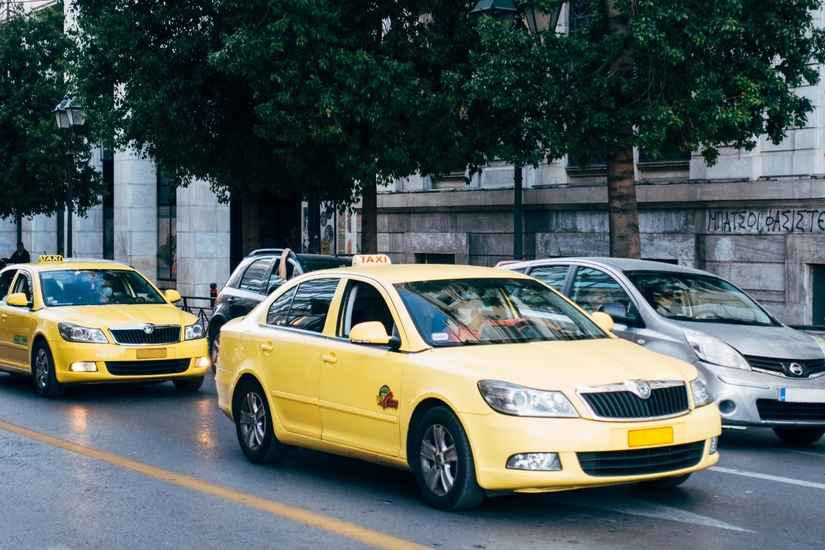Rideshare assault lawsuits have gained prominence in recent years as incidents of assaults and misconduct within ridesharing services have become more widely reported. These lawsuits typically involve passengers who have experienced assault, harassment, or other forms of misconduct during a ride with a rideshare driver. The legal landscape surrounding rideshare assault cases is evolving, and various factors come into play when considering liability and accountability.
Since the summer of 2015, ridesharing services have seen exponential growth, reaching a valuation of $21.42 billion in 2020. The seamless process and cost-effectiveness brought popularity, but Uber and Lyft faced criticisms. Between 2019 and 2020, Uber disclosed 3,824 reports of severe sexual assault, raising questions about passenger safety.
Victims often experience shame, anxiety, and long-term effects like depression and sleep disturbances. Post-traumatic stress disorder (PTSD) may occur, leading to panic attacks. Recognize the signs and take action.
Types of Assaults Reported: A Serious Issue
Recent studies and investigations have linked the contaminated water at Camp Lejeune to a variety of adverse health effects experienced by military personnel, their families, and civilian workers stationed at the base. These health effects may include various types of cancer, neurological disorders, birth defects, and other serious illnesses.
As awareness of the health risks associated with exposure to contaminated water at Camp Lejeune grows, affected individuals are exploring legal options to seek compensation for their injurie.
- Attempted Rape
- Fondling
- Groping
- Locked In
- Masturbation/Exhibitionism
- Pinched
- Sexual Assault
- Sexual Harassment or Threats
- Torture
- Unwanted Sexual Contact or Touching




